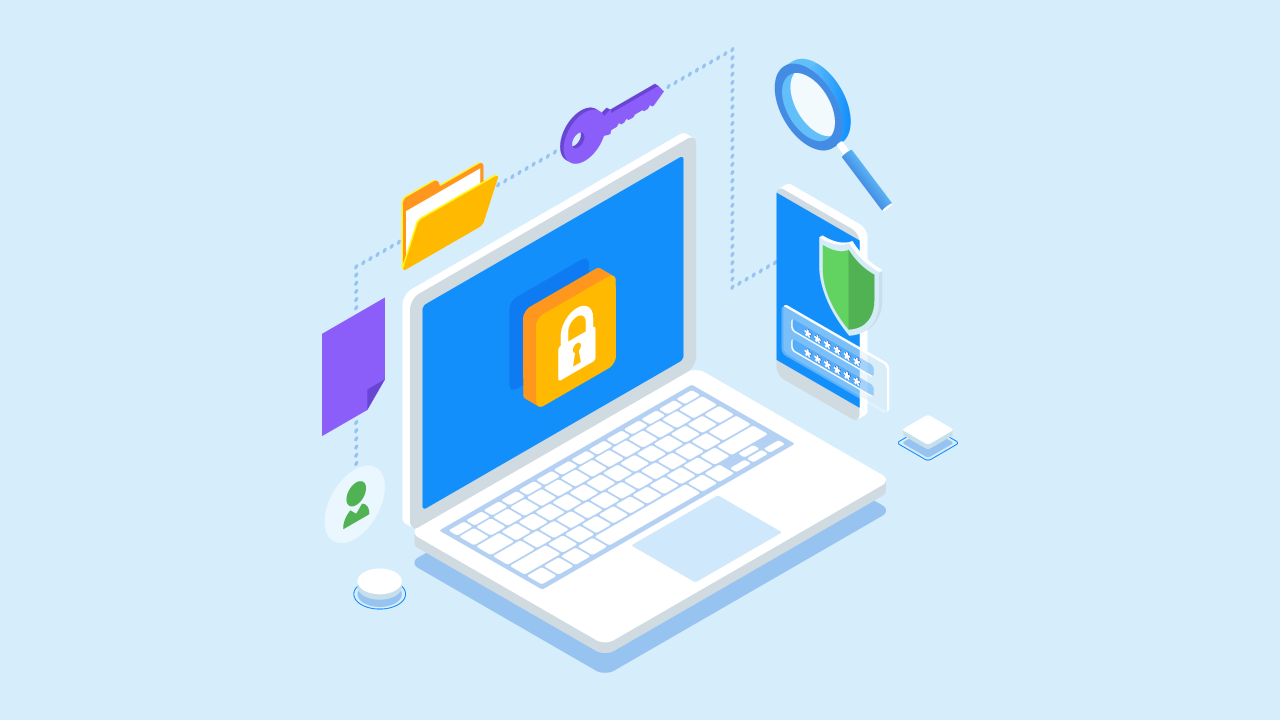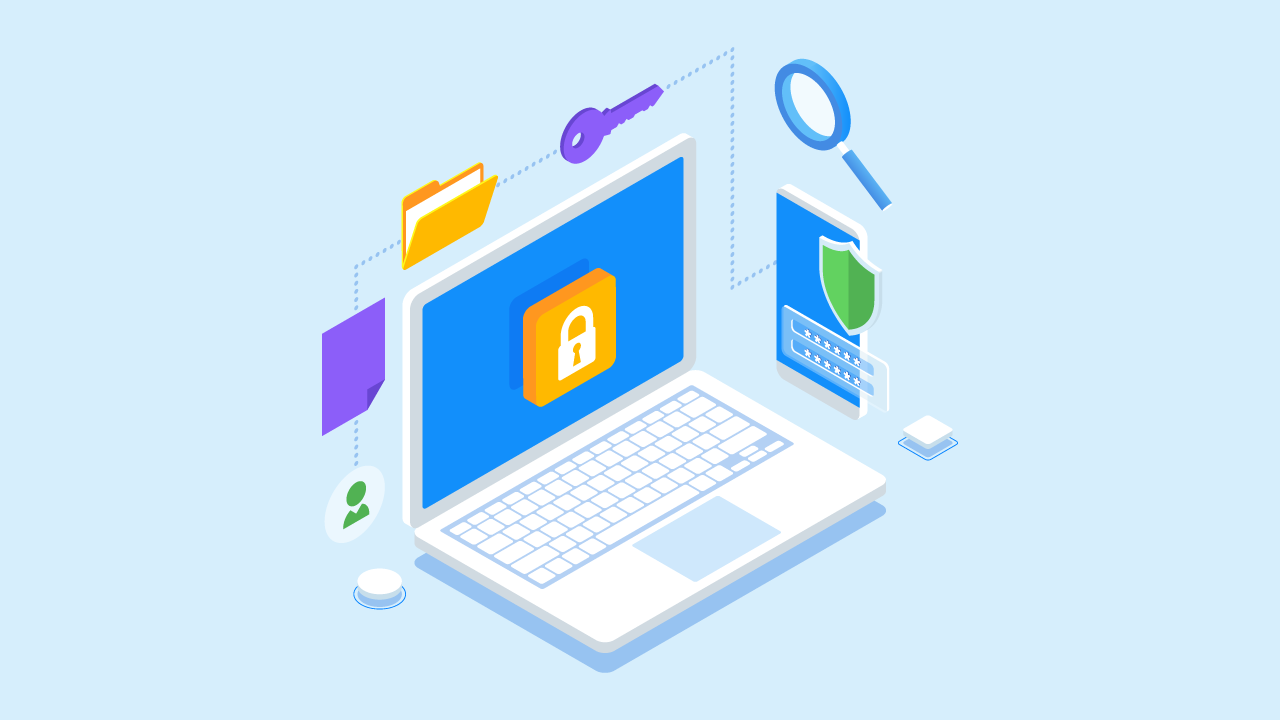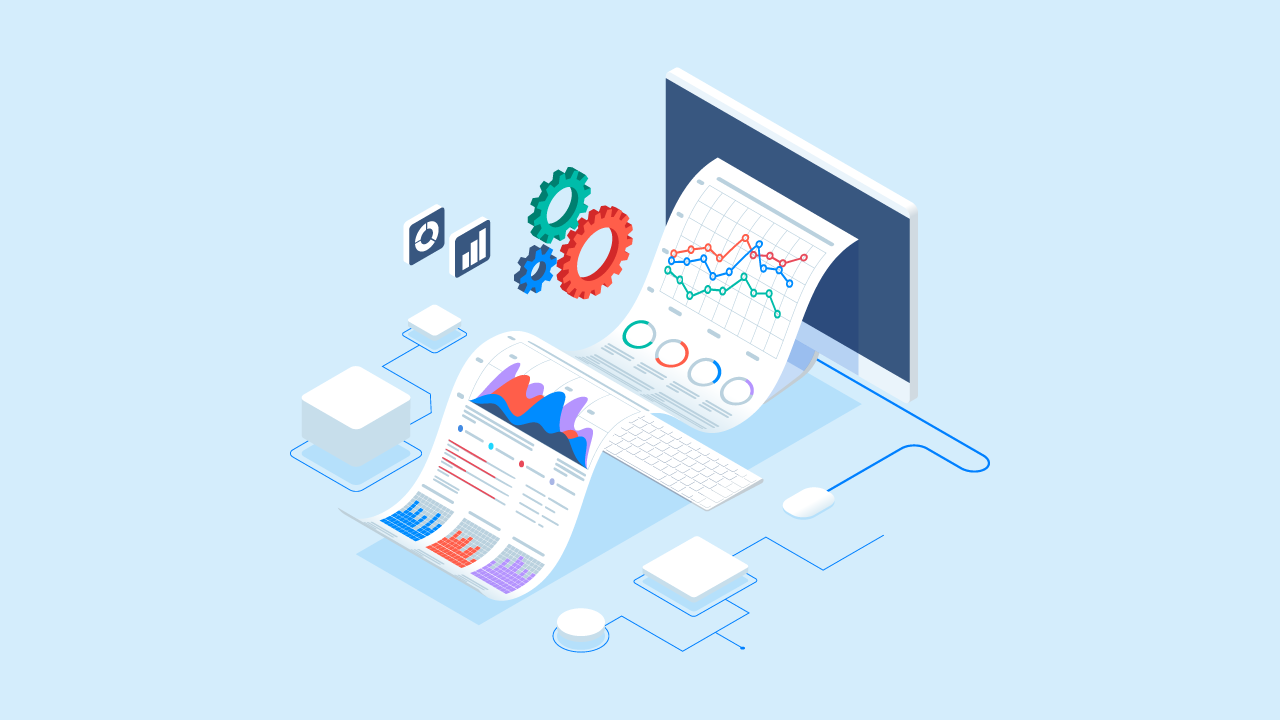A Handbook for Family Offices
In today’s digital age, data privacy is more important than ever before, especially for family offices, which manage the financial and personal affairs of wealthy families. Family offices collect and store a vast amount of sensitive data, including financial information, personal identification information, and medical records. This data is a target for cybercriminals, and family offices must take steps to protect it, not only to safeguard their clients’ privacy and security, but also for data privacy and compliance with regulations, such as the General Data Protection Regulation (GDPR) and the California Consumer Privacy Act (CCPA).
This guide will provide a comprehensive overview of data privacy and compliance for family offices. It will discuss the importance of data privacy, the key data protection and privacy regulations that family offices must comply with, and the steps that family offices can take to protect their clients’ data and comply with these regulations.

A Data Breach is a Family Office CEO’s worst nightmare.
Consider that you are the CEO of a family business. You are in charge of overseeing an affluent family’s personal and financial matters. This covers estate preparation, tax planning, and investment management. Additionally, you oversee a lot of sensitive data, including their medical records, financial information, and personal identity information.
It’s your IT department calling you one day. They’ve found evidence of a data breach. Cybercriminals have accessed your system and taken a large amount of data, including the financial and personal identification details of your clients.
This is the worst possible situation for a family office. A breach of data can have disastrous effects on the personal and financial life of your clients. It may also put you in legal hot water and harm your reputation.
Financial Costs of a Data Breach
According to a study conducted by IBM in 2023, the financial implications of data breaches are contingent upon various aspects, such as the specific sector, geographical location, and the effectiveness of the response measures used.
In 2023, the healthcare sector incurred the highest financial burden in relation to data breaches, with an average expenditure of $10.93 million. Financial institutions followed closely, exhibiting an average expenditure of $5.90 million.
The United States had the greatest mean cost of data breaches among all nations, amounting to $9.48 million. The Middle East, Canada, Germany, and Japan had elevated average expenses as well. Organizations who refrained from involving law enforcement agencies in situations of ransomware experienced a 9.6% increase in financial costs and endured intrusions that persisted for an extended duration of 33 days.
AI and Automation
Organizations who made considerable use of security artificial intelligence (AI) and automation technologies reported a reduction of around 108 days in the time required to identify and contain a breach, along with a decrease of $1.76 million in expenses associated with data breaches.
Incidents in which malicious actors gained unauthorized access to various cloud environments resulted in expenses that exceeded the norm, amounting to $4.75 million. Organizations who had a robust incident response (IR) planning and testing framework were shown to have achieved cost savings of around $1.49 million in data breach expenses, in contrast to those organizations with limited IR preparedness.
The most effective solutions for minimizing data breach costs were found to be DevSecOps and employee training, resulting in average savings of $249,278 and $232,867 for firms, respectively.
In brief, the financial implications of data breaches exhibit variability contingent upon several aspects. However, companies possess the potential to mitigate these costs through strategic investments in security artificial intelligence (AI) and automation, the establishment of robust incident response protocols, and the adoption of DevSecOps practices with comprehensive employee training.
A Data Breach Can Cost You More Than Just Money
A data breach incurs costs in addition to monetary losses. A data breach may also result in lost revenue and harm to your reputation. It may also undermine your clients’ faith in you.
Although it may sound cliche, experts claim that one of the biggest expenses of a data breach for firms is a damaged reputation, since customer trust is of incomparable value. Consumer trust is brittle and difficult to regain once it has been damaged.
The effect on reputation is the main worry, and the price of a data breach is frequently reflected in alterations to a company’s ability to compete in the market. Businesses can discover that their brand no longer fetches the same premium price, that their costs for acquiring new customers rise, and that they lose market share. Stock price variations for publicly traded corporations indicate an instant assessment of cost impact.
Research indicates that a reasonable estimate for a medium-sized corporation in the US suffering a mild breach of less than 250,000 records is between $8 million and $10 million, excluding significant breaches and minor ransomware attacks. About one-third of these expenses will come from lost revenue as a result of a tarnished reputation.
Worst Case Scenarios
Intellectual property theft or loss is a major additional expense that severely affects victim organizations. While client data is frequently the center of media attention following a breach, losing intellectual property can seriously impede a company’s ability to develop. Theft of patents, engineering designs, trade secrets, investment plans, copyrights, and other valuable and sensitive information can cause a company to lose its competitive edge, lose income, and possibly suffer irrevocable financial harm.
It’s important to remember that a company’s response to a breach and how it communicates about it can have a big impact on its reputation and the financial effects that follow. It’s critical to maintain trust. There are methods to make this happen, especially through being transparent and empathetic. Following a breach, these activities have a significant impact on how customers view the organization. More harm can be done to their faith than the actual breach if you try to hide or minimize the event.
Acting to Preserve Customer Information: CCPA and GDPR Compliance
Regulations pertaining to data protection and privacy, such as the California Consumer Privacy Act (CCPA) and the General Data Protection Regulation (GDPR), must be followed by organizations. Strict guidelines on the collection, use, and storage of personal data by organizations are enforced by these regulations.
The General Data Protection Regulation (GDPR) is a piece of EU legislation that governs data protection and privacy for all citizens living in the EU and the EEA. The main goals of the GDPR are to consolidate regulations across the EU and restore control to citizens and residents over their personal data, as well as to streamline the regulatory framework for global commerce. This is accomplished by superseding the 1995 Data Protection Directive (Directive 95/46/EC). This regulation went into force on May 25, 2018.
According to a state law in California known as the CCPA, citizens have the following rights: they can access the personal information that companies collect about them, ask that companies delete the information, choose not to have their personal information sold, and won’t face discrimination if they exercise these rights. First enacted on January 1, 2020, the CCPA.
Before collecting an individual’s personal data, companies are required by the CCPA and the GDPR to get the individual’s consent. Additionally, organizations must give people the ability to access and request the deletion of their personal data.
If family offices gather or handle personal information about people residing in the EU or California, they are subject to the CCPA and the GDPR, respectively.
How to Adhere to Privacy and Data Protection Laws
Family offices can take several actions to ensure they are in compliance with privacy and data protection laws, such as:
Make an audit of the data. Finding every piece of personal information that the family office gathers and retains is the first step. This entails determining the categories of personal data, their sources, and the applications in which they are employed.
- Create a policy for data privacy. The family office needs to create a data privacy policy outlining the procedures for gathering, utilizing, and preserving personal information. The rights of individuals about their personal data should also be outlined in the data privacy policy.
- Put organizational and technical safeguards in place to protect personal information. It is recommended that the family office put in place both technical and organizational safeguards to prevent unauthorized access, use, disclosure, alteration, or destruction of personal data. Physical security measures, access controls, and encryption are a few examples of these precautions.
- Educate staff members on proper practices for data security and privacy. The family office ought to provide best practices for data security and privacy training to its staff. The family office’s data privacy policy and the protocols for managing personal data should be covered in this training.
Family offices can safeguard their clients’ personal information and adhere to privacy and data protection laws by using these measures.
Developing Credibility and Safeguarding Your Image
For family offices, compliance and data protection are critical. You may preserve your clients’ data, abide by relevant laws, and gain your clients’ trust by using the preceding advice.
Using the cloud is just one approach you can take to quickly and easily increase your credibility and protect your reputation. Family offices can strengthen their security posture by utilizing cloud computing, which gives them access to a variety of security features and services. For instance, intrusion detection/prevention systems, access controls, and encryption are all available from cloud providers.
Cloud computing can also assist family offices in adhering to privacy and data protection laws. Data residency restrictions and data deletion options are only two examples of the many compliance features and services that cloud providers can give.
Furthermore, cloud computing helps increase their operational agility and efficiency. With an internet connection, cloud-based services and apps are accessible from any location at any time. This can assist organizations in providing families with greater service and in reacting quickly to market fluctuations.
The most effective solutions for minimizing data breach costs were found to be DevSecOps and employee training
Compliance and Data Privacy: Benefiting All Parties
Avoiding fines and penalties is only one aspect of data privacy and compliance. Building confidence and safeguarding your clients’ data are equally important. Family members are more inclined to trust you with their business when they are aware that you protect their data.
You may safeguard the information of your clients, establish credibility, and preserve your reputation by adhering to data privacy and compliance laws. There is mutual benefit for all those concerned.









